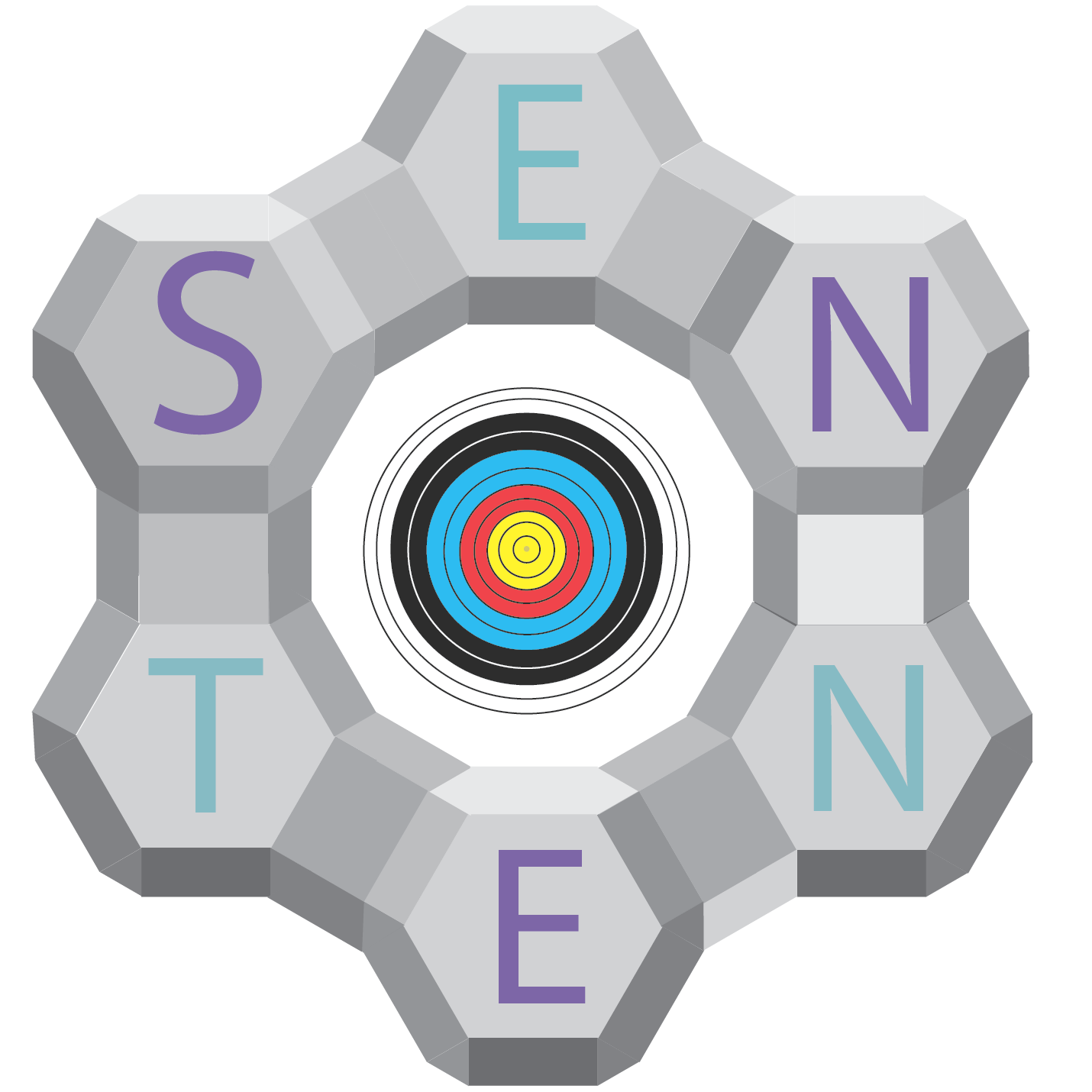RR10: A metal-organic framework capacitive sensor array as an electronic nose for volatile organic compound detection
Project Title: A metal-organic framework capacitive sensor array as an electronic nose for volatile organic compound detection (WP5)
Host Institution: KU Leuven
Country: Belgium
Supervisors: Prof. R. Ameloot (KU Leuven); Secondary Supervisors: Prof. I. Naydenova (TDUB), T. Dieryckx (Voxdale)
Description of the organizational unit:
The Ameloot group is part of the KU Leuven Center for Membrane Separations, Adsorption, Catalysis, and Spectroscopy (cMACS), which counts 6 PIs and >100 members. The study of porous materials, membranes, films and their interfaces forms the core of the research at cMACS. In this context, our group studies different flavors of porous and hybrid matter and has been awarded ERC Starting and Consolidator Grants on this topic. For more information, please refer to http://amelootgroup.org/ and https://twitter.com/AmelootGroup.
Objectives:
- Demonstrate a novel concept to enable selective VOC sensors based on metal-organic frameworks (MOFs)
- Measure and understand VOC adsorption and diffusion in MOF sensor coatings
- Fabricate a MOF sensor array that functions as an ‘electronic nose’
- Data and performance analysis of the sensors and sensor arrays
Short Description of Work & Expected Results:
Detecting and monitoring volatile organic compounds (VOCs) is an important task with applications ranging from disease diagnosis via breath analysis to monitoring exposure to toxic chemicals. However, in all such applications, selectively measuring specific VOCs is challenging due to their low concentrations and the presence of a multitude of interfering compounds. Since current miniature sensors cannot efficiently distinguish between VOCs, there is a need for a novel technology capable of distinguishing a VOC of interest from a complex background.
This RR project will address this challenge by bridging the worlds of porous crystalline materials and sensor technology. For the first time, kinetic selectivity in the nanopores of MOFs will be leveraged to mimic nature’s approach to olfaction and enable selective sensing. You will focus on developing a MOF-based electronic nose integrating a new sensing strategy based on the system’s transient behavior. This application-oriented project includes the characterization of adsorption and diffusion of probe molecules in MOFs, the efficient integration of MOF films in a suitable e-nose architecture, and analyzing their performance towards target atmospheres via multi-component sensing studies and chemometric data analysis. A range of in-situ characterization protocols (gravimetric, optical, and capacitive transduction) combined with advanced in-house-built dosing systems will be used to study the sensing properties and evaluate the e-nose performance.
This PhD position will work closely together with three postdoctoral researchers and one PhD student currently working on complementary aspects of this promising project through the ERC project ‘KISSIES’. Through your tasks in the project, you will work closely with scientists and engineers with expertise in materials synthesis, gas adsorption and diffusion, the characterization of porous and crystalline materials, etc. As a PhD candidate, you will write and publish scientific articles, actively participate in international and national congresses/consortium meetings and develop your soft- and technical- skills via international research stays and (doctoral school) training courses, with the aim of writing a doctoral dissertation.
Planned secondment(s):
- Host: TDUB (Type: University; Location: Ireland), Prof. I. Naydenova, Timing: year 2, Length: 6 months, Topic: Incorporation of MOF coatings in photonic sensors.
- Host: Voxdale (Type: Engineering company; Location: Belgium), T. Dieryckx, Timing: year 3, Length 2-3 months, Topic: integration of sensors into modules suitable for real-world testing and/or the creation of an interface for data collection
Enrolment in Doctoral degree(s): KU Leuven & TDUB
Candidate requirements:
- A candidate with a passion for novel porous materials, microfabrication, and measurement technology (incl. data science)
- A motivated candidate with a strong academic track record and a degree in Materials Chemistry, Physics, or a related field in Science and Engineering.
- A candidate willing to tackle a highly interdisciplinary application-oriented project
- A team player willing to work as part of an interdisciplinary group
- A candidate with an interest in literature reviewing, scientific writing, presenting research to an expert audience.
- Previous demonstrations of out-of-the-box thinking. Bonus points if you consider yourself a ‘maker’ and practical problem solver, we appreciate what you are doing!
- Since we are a highly international team, proficiency in both written and spoken English is non-negotiable.
- Since the research consortium spans multiple disciplines, the ability to communicate clearly across subject boundaries is essential
Please consider applying if you have several of the following skills:
- Experience in nanoporous materials synthesis and characterization (required)
- Experience in microfabrication
- Experience in data science, chemometrics, and information extraction from chemical data
- Other skills that you think are important (please explain in your cover letter).
Interested?
For more information about this job opportunity, please contact Prof. Rob Ameloot () via email and mention “PhD position MOF e-nose” in the subject line.
Preferred starting date: September – December 2022
Recruited researcher: Masaya Sugihara
